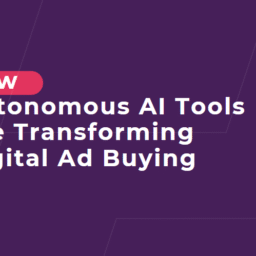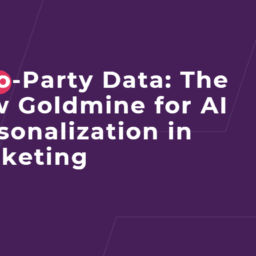For years, chatbots have been the first wave of customer interaction automation—capable of answering basic queries and routing users through decision trees. But as artificial intelligence evolves, a new generation of intelligent sales agents is emerging, capable of doing far more than just “chatting.” These AI-powered systems are redefining digital sales, engaging customers with nuance, s trategy, and even persuasion.
From Scripted Replies to Intelligent Conversations
Traditional chatbots operate on rule-based systems. They follow pre-programmed flows and often stumble when faced with unexpected inputs. While useful for FAQs, they lack the ability to handle complex sales processes.
In contrast, intelligent sales agents use advanced AI models—including natural language processing (NLPAI Sentiment Analysis: Turning Social Media Noise into Marketing StrategyCreating a Data-Driven Digital Marketing Strategy), machine learning, and deep learning—to truly understand customer intent. These agents don’t just reply—they converse, recommend, and close deals.
What Makes Them “Intelligent”?
- Context Awareness:
AI sales agents can remember previous interactions, detect tone, and adjust responses accordingly. They’re not just reactive; they’re proactive. - Data-Driven Decision-Making:
Connected to CRMs, product databases, and user behavior analytics, these agents use real-time data to offer relevant suggestions, upsells, and follow-ups. - Multilingual & Omnichannel:
From WhatsApp to web chat to voice assistants, intelligent agents operate across multiple platforms—and in multiple languages. - Learning & Optimization:
Unlike static chatbots, these agents learn over time. They analyze successful sales patterns, refine their tactics, and become more effective with every interaction.
Use Cases Across Industries
- E-Commerce: Personalized product recommendations, cart recovery prompts, and dynamic discounts.
- Real Estate: Virtual agents qualify leads, schedule viewings, and provide mortgage insights.
- Finance: Smart agents guide users through complex loan options or investment portfolios.
- B2B SaaS: AI reps initiate demos, nurture leads, and integrate with sales pipelines for follow-up.
Benefits for Businesses
- Higher Conversion Rates: AI AI Marketingagents engage leads 24/7 with the right message at the right time.
- Scalability: Handle thousands of conversations simultaneously without adding human headcount.
- Cost Efficiency: Reduce reliance on traditional sales staff for initial outreach and lead qualification.
- Personalization at Scale: AI enables one-on-one experiences without the need for human reps every step of the way.
Challenges to Overcome
While the potential is huge, deploying intelligent sales agents isn’t without hurdles:
- Maintaining human empathy and authenticity.
- Ensuring data privacy and compliance.
- Aligning AI output with brand tone and sales strategy.
- Avoiding “uncanny valley” effects that alienate customers.
The Future: AI-Human Hybrid Sales Teams
Final Thoughts
We’ve moved beyond the The most successful approach may not be AI or human—but chatgpt.comwith human. Smart companies are already using AI to qualify and warm up leads before handing them to human reps. Others employ AI to assist during live calls with on-the-fly insights and prompts.
era. Intelligent sales agents are here—and they’re not just changing how businesses sell, but how customers experience the buying journey.



